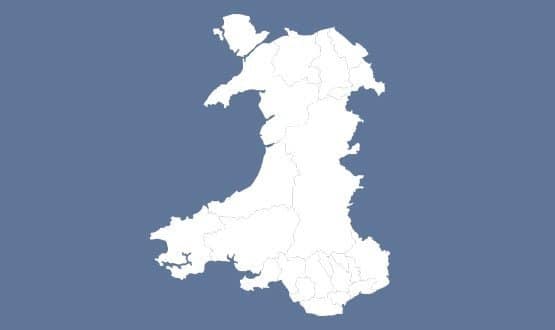Wales tenders for community system
- 14 October 2014

The NHS Wales Informatics Service is tendering for a community care information solution to integrate social care, community and mental health services across Wales.
The system will include functionality for care pathways, assessments, referrals and workflows and will link up local authorities with the seven local health boards covering primary, secondary, mental health and community care.
Andrew Griffiths, the chief information officer for NWIS, told EHI the tender for the system is due to be completed in December.
Griffiths said the tender is part of Wales’ planned approach to healthcare, as opposed to the market-driven focus in England, and is aimed at improving integration between care providers and reducing unnecessary obstacles to joined-up care.
“You have to join up information across these boundaries that are actually artificial in many ways.”
Griffiths said the service is still working on its plans for the system, including how it will be implemented across Wales and what “footprint” it will have in each health board area.
He said he has been heartened by the collaboration between health providers and local authorities working on the system.
“When we first started out, it was with the two different sides working on their own proposals and planning to merge them later, but now it’s really come into one document.
“We had to get a business case together across health and social care, and you get arguments and challenges. If you asked me 18 months ago whether we’d be in the position where we are today, I’d have hoped so but I wasn’t sure we would be.”
Griffiths said he has already received positive feedback about the plans for the system, receiving a strong response when he discussed the tender at a recent conference.
“I was almost mobbed with people saying it’s absolutely what we need. They all know somewhere where people work in the same building but they don’t have access to the same information.”
Most health boards in Wales currently use a range of systems for community and mental health, while the Wales System Consortium of eight local authorities all use the DRAIG system.
Griffiths said the service is also planning to expand its Individual Health Record, the “much richer” Welsh equivalent of NHS England’s Summary Care Record with a patient’s personal details, their medications and medical problems, recorded allergies and results of all recent tests.
The record is currently being used by out-of-hours services, but Griffiths said there is “huge demand” for it to be used in secondary care for admissions units.
“There’s a huge demand for it, because people have seen how useful it is: at the moment in emergency admissions, when someone comes in with a list of drugs but they don’t know which and how much of the drugs they’re on, it can take 24 to 48 hours to contact their GP and find out.”
Griffiths said the organisation is procuring an audit tool to monitor how the record is accessed and ensure that information governance rules are being followed by staff.
Sam Sachdeva recently spoke to Andrew Griffiths about his time in the NHS, as well as his organisation’s previous work and future plans. You can read more about it here




